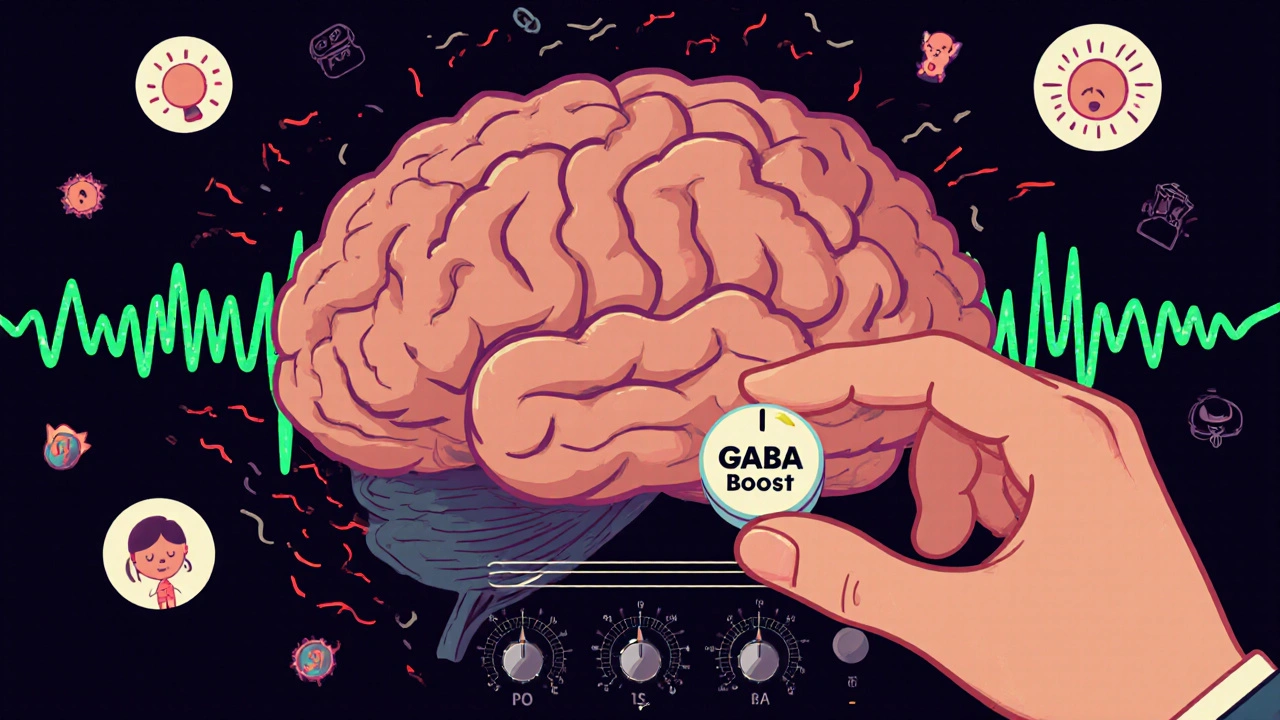Anxiety Medication: What Works, What to Watch For, and How to Choose
When you’re stuck in a loop of worry, panic, or constant tension, anxiety medication, a class of drugs prescribed to reduce symptoms of excessive fear and nervousness. Also known as anti-anxiety drugs, it doesn’t fix the root cause—but it can give you the breathing room to work on it. These aren’t party pills or quick fixes. They’re tools, often used alongside therapy, to help your brain reset its alarm system. And not all of them work the same way—or carry the same risks.
Most doctors start with SSRIs, a type of antidepressant that increases serotonin levels to stabilize mood. Also known as selective serotonin reuptake inhibitors, they’re the go-to because they’re less likely to cause dependence than older options. Drugs like sertraline or escitalopram take weeks to kick in, but once they do, many people feel more steady throughout the day. Then there’s benzodiazepines, fast-acting sedatives that calm the nervous system within minutes. Also known as benzos, they’re great for panic attacks—but using them long-term can lead to tolerance, withdrawal, or worse. That’s why they’re usually a short-term bandage, not a permanent fix. Another option, buspirone, a non-addictive anxiolytic that works differently than SSRIs or benzos. Also known as Buspar, it’s slower than benzos but safer for daily use over months or years. And while some people turn to antidepressants like SNRIs or even tricyclics, those come with more side effects and aren’t always first-line anymore.
You might be surprised how many people stop their anxiety meds because they don’t feel better fast enough—or because they’re scared of side effects like weight gain, sexual dysfunction, or drowsiness. But skipping them without a plan can make things worse. The key isn’t just picking the right drug—it’s knowing how to use it, when to adjust, and when to talk to your doctor about alternatives. That’s why the posts below cover real-world experiences: how people switched from one pill to another, what happened when they mixed meds with alcohol, why some stopped cold turkey and regretted it, and how others found relief without pills at all. You’ll see what works for different bodies, lifestyles, and budgets. No fluff. No hype. Just what you need to make smarter choices about your mental health.

Benzodiazepines: What They Do, How They Help, and Why They Can Be Dangerous
Benzodiazepines offer fast relief for anxiety and insomnia but carry high risks of dependence and withdrawal. Learn how they work, who's most at risk, and safer alternatives for long-term mental health.





